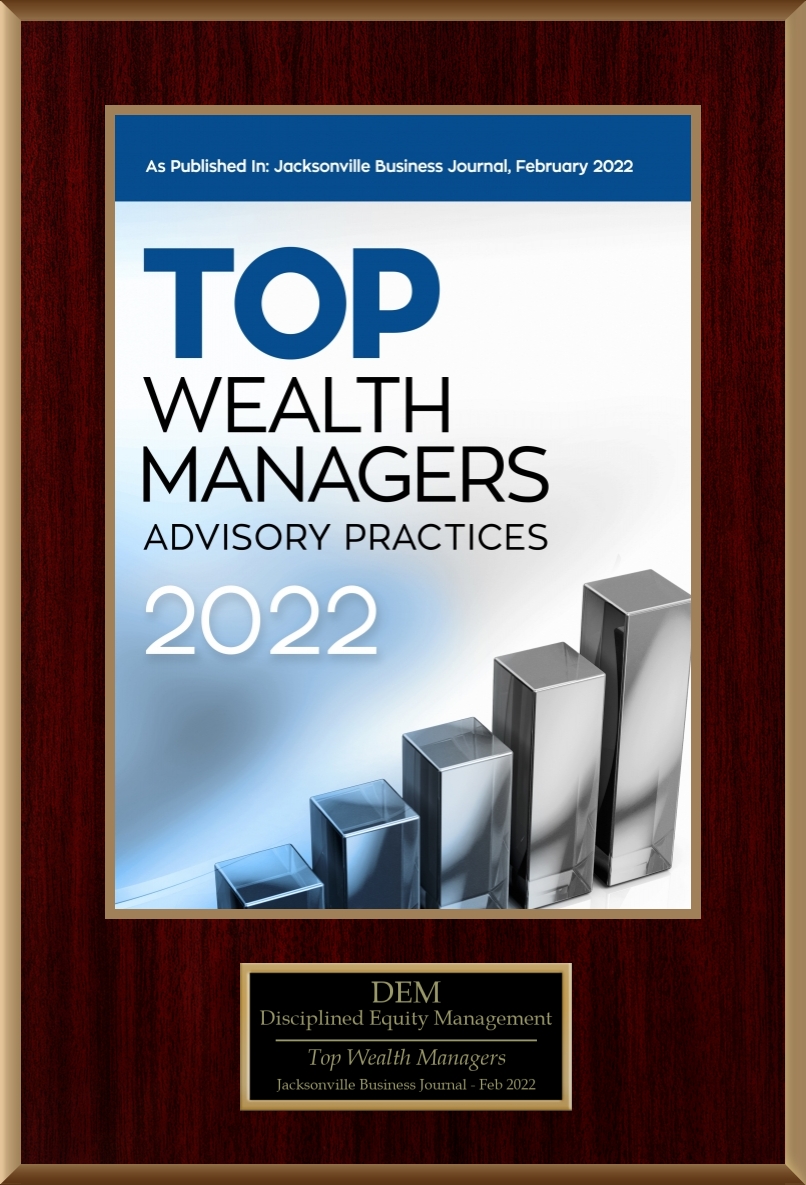The Demon of Chance
In fact, all of the analysis, interviews, and forecasting done by active managers actually would seem to worsen returns rather than improve them. So why do virtually all money managers use this approach? Consider the following Gedanken (German for "thought") experiment:
Suppose 1000 people are gathered in a room, each with a shiny new quarter in his or her palm. Seated at the front of the room, suppose I propose a coin-flipping contest in which only those who can successfully flip a Head on their coin may remain standing. All of the Tails flippers will be forced take their seat. Suppose I then ask everyone in the room to flip their coin one time simultaneously.Active vs Passive Management.

Upon our first group flip, approximately 500 of our participants will flip a Tail, curse their bad fortune, and take a seat. The other 500 Heads flippers will proudly remain standing. Upon our second flip, roughly 250 participants will again flip a Heads and remain standing. If we were to continue this contest for eight rounds, the laws of probability predict that approximately three people will still be standing after having flipped a Heads eight times in a row. (The actual number may be one person or it may be five people, but the point is that some will have done it.)
After such success, these lucky few Heads flippers may even start to believe that they have some innate gift for intentionally flipping Heads. The disgruntled Tails flippers may even begin asking the Heads for insights describing their calculated trajectories, intended rotational velocities, or special thumb exercises that they must have performed in order to consistently flip Heads so many times in a row. To capitalize on their newfound stardom, the Heads may begin writing books that detail their flipping techniques such as: "You too can make a fortune flipping coins!"
This is exactly what happens with active money managers. The short-term performance of a handful of money managers will always stand out from the others purely due to the laws of chance. These self-proclaimed stock-picking gurus tend to be rewarded handsomely by the press, their bosses, and investors alike. Long before we have time to gather enough statistical data to draw any meaningful conclusions regarding their performance, these "hot" money managers tend to change firms, retire, or launch a private hedge fund to make some serious money off of their reputation.
Those of us who know statistics know that we need at least 25 years of historical data on the same money manager at the same firm using the same strategy to make any educated judgments about his ability as a stock picker. Considering that Peter Lynch, the most successful money manager in history, lasted only 12 years as manager at Fidelity Magellan, one can see how accumulating accurate data is difficult, if not impossible.


